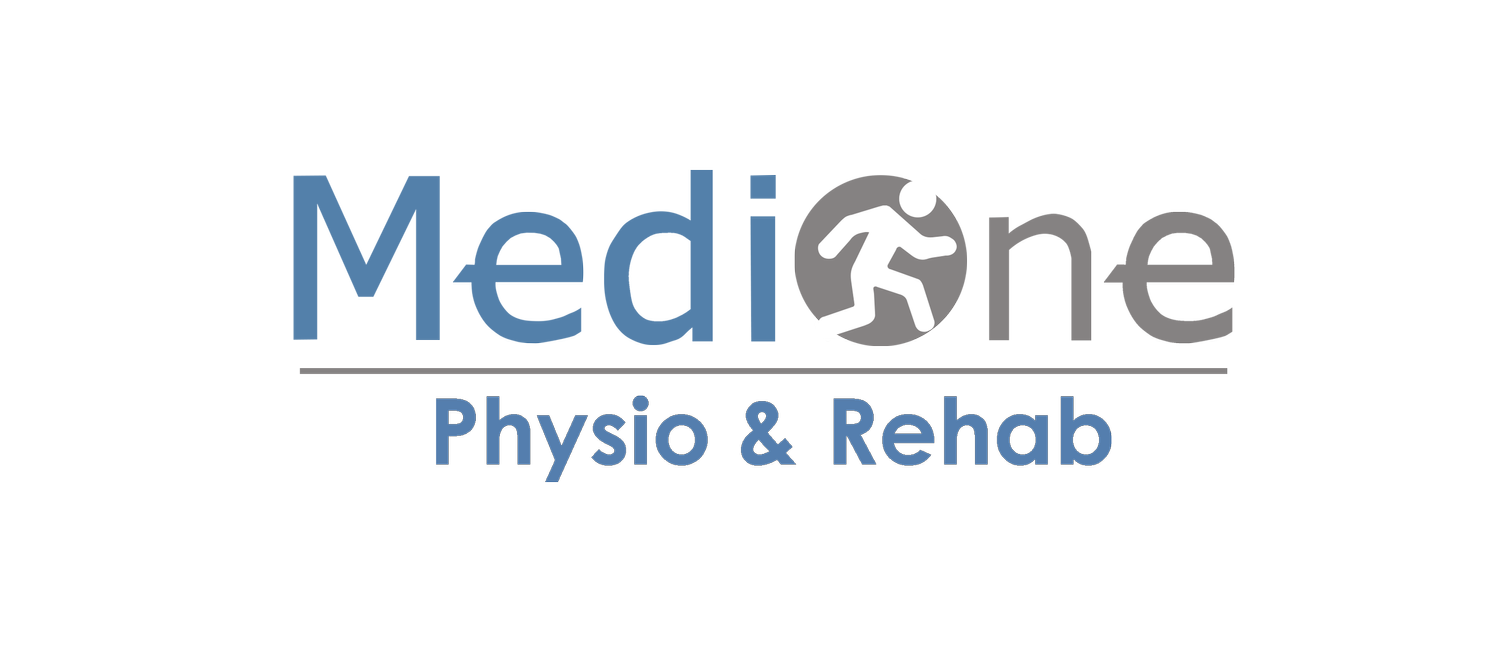Jaw Pain?
People with jaw pain often will go to their dentists in search of a solution. However, these problems could also be addressed by us!
Jaw pain is a laymen’s term for Temporomandibular Disorders (TMD). This is a condition that could affect the muscles of mastication (muscles you use to chew and eat food), temporomandibular joint (the joint of your jaw) and any other associated structures nearby.
In short, the source of pain from this condition could be muscular and/or joint. Studies have included psychological factors that may contribute to TMD issues such as stress, depression, anxiety and sleep disturbances. There are instances where this condition can resolve by itself, however, if it doesn’t then conservative treatment is usually recommended first and has provided positive results in 50-90% of patients.
Although this condition can occur a any age, it is most common amongst 20-40 years of age. About 60-70% of the general population show signs of TMD but only 5-12% of people report it!
What Are The Symptoms Of Temporomandibular Disorders?
There is a wide range of symptoms associated with TMD that could include but not limited to:
clicking and grinding of the joint
limited mouth opening
muscle pain around the jaw
joint pain
locking of the jaw
headaches
tinnitus
vertigo
Treatments?
In addition to assessing the movement and function of the Temporomandibular joint, our therapist must first rule out issues in the oral cavity, inner and neck to help exclude other causes of the pain.
According to research, Extracorporeal Shockwave Therapy (ESW) studies have found to be one of the most effective methods of physical therapy to help treat TMD.
ESW uses an intense, but very short, energy wave travelling faster than the speed of sound. These strong energy pulses are applied to the affected area for short periods of time, creating micro-cavitation bubbles that expand and burst. The force created by these bubbles stimulates cells in the body that are responsible for bone and connective tissue healing.
How Does Shockwave Work?
Shockwave Therapy works as a biological modulator resulting in: differentiation of mesenchymal cells, neovascularization and release of angiogenic factors
In short, it can help problem better blood flow and initiate your body to start a healing response in for your TMD!
The success rate has been found to range from 61%-91% when using ESW. One study found that using ESW was effective in lowering overall pain, increasing maximum mouth opening range and decreasing friction indexes. In conclusion, this led to fewer treatment sessions compared to conventional Physical Therapy treatments resulting in less time and money spent.
Alternative Treatments?
If you feel like ESW is not for you, our Physical Therapists can still provide many different types of therapy to help with jaw pain which could include:
-soft tissue therapy -joint mobilizations -electric stimulation -acupuncture
-laser therapy -stretching -exercise -and more
It should be noted that cotreatment with your dentist or medical doctor is advised to rule out various other disorders such as cavies (dental cavities), sinus infections, etc.
TMD can lead to complications where the range of motion deteriorates even more and clicking in the jaw worsens. This could impair your quality of life and your daily activities such as eating and speaking .
If you’re living with jaw pain, think about booking an assessment with us today!
References
Li W, Wu J. Treatment of Temporomandibular Joint Disorders by Ultrashort Wave and Extracorporeal Shock Wave: A Comparative Study. Med Sci Monit. 2020 Jun 21;26:e923461. doi: 10.12659/MSM.923461. PMID: 32564051; PMCID: PMC7328499.
Maini K, Dua A. Temporomandibular Syndrome. [Updated 2023 Jan 30]. In: StatPearls [Internet]. Treasure Island (FL): StatPearls Publishing; 2024 Jan-.






